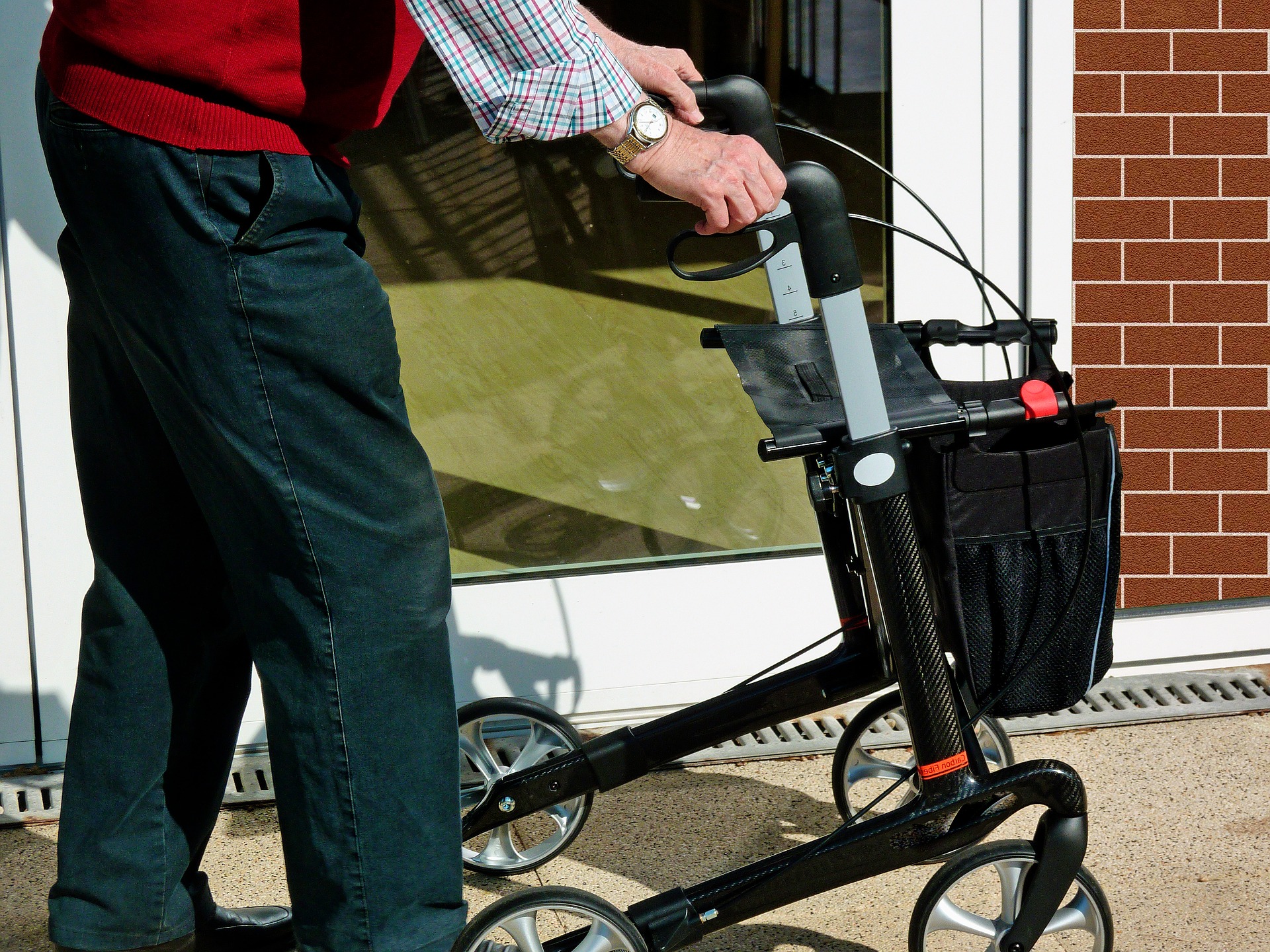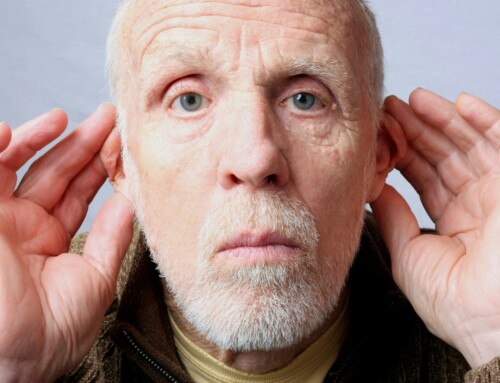Falls are the leading cause of injuries among senior citizens, and the consequences can range from bumps and bruises to broken bones. Falls are also responsible for many senior deaths annually. Even if a less serious incident occurs, it can significantly impact a senior’s confidence and self-esteem. Fear of falling often prevents seniors from performing everyday tasks or participating in activities they love. This trepidation can lead to a loss of functional, cognitive, and physical skills and diminish their quality of life. With all that in mind, here are four tips for preventing falls and keeping your loved ones safe.

- Wear appropriate shoes: Seniors often have a favorite pair of shoes or slippers they want to wear anywhere, but this go-to footwear may actually be dangerous. If they are worn out or don’t fit well, it can be easier for someone to trip and fall. Seniors should consider shoes with non-slip soles, supportive backs, and low-heels. If you are helping your loved one choose the right pair of shoes, buy several pairs: a pair for relaxing around the house, a pair for social engagements, and a pair for exercise or walking. Backless slippers, stockings, or socks present hazards for slipping.
- Get regular eye exams: Even minor vision problems can make a senior more susceptible to falling. If your loved one is prone to not wearing their glasses (or losing them), try securing them with a chain around their neck to encourage more consistent wear. Impaired vision can cause someone to trip over the edge of a rug or miss a step. Regular eye exams are vital for eye health, screening for eye issues, and validating your current prescription. If they purchase new glasses, they should give their eyes time to adjust as special lenses can impact depth perception while walking. It is easy to lose equilibrium and fall when depth perception is compromised.
- Stay physically active: Regular exercise and appropriate physical activity are the primary lines of defense when preventing falls and fractures. Most people become less active as they grow older, causing muscular mass and muscle tone loss. These diminished capabilities further result in less flexibility, coordination, and strength, leading to an increased risk of falling. When developing an exercise routine for a senior, be sure to involve any doctors or physical therapists they may already be working with. Don’t be intimidated – even light exercise can help older adults significantly improve mobility, balance, stamina, and flexibility.
- Foster a safe home environment: Most falls occur in and around the home or residence, making it essential to eliminate environmental risks as much as possible. Whether they live at home or in an assisted living residence, ensure that there are non-slip walking surfaces throughout each room and that the surfaces are even, especially in transition areas. There are many ways a caregiver can retrofit a home or residence to make it safer and reduce the risk of falling – including installing grab bars and additional handrails, installing bright lighting, and removing area rugs. Keeping the home’s floors clutter-free is also essential, as is minimizing furniture to keep walkways clear.
As a final note, if your loved one is having trouble with balance, you can extend their independence by providing them with a cane or walker. These items are useful for preventing falls and can give them the confidence to move about and participate in life with less fear.
A Banyan Residence offers safe and comfortable living environments designed with older adults in mind. Visit our assisted living and memory care center located in The Villages and see how we can help your senior fully enjoy their life.






